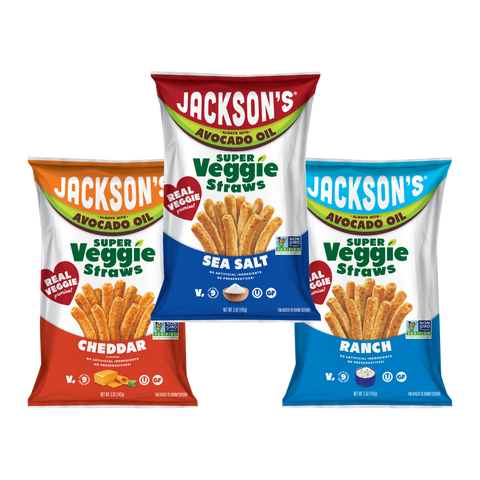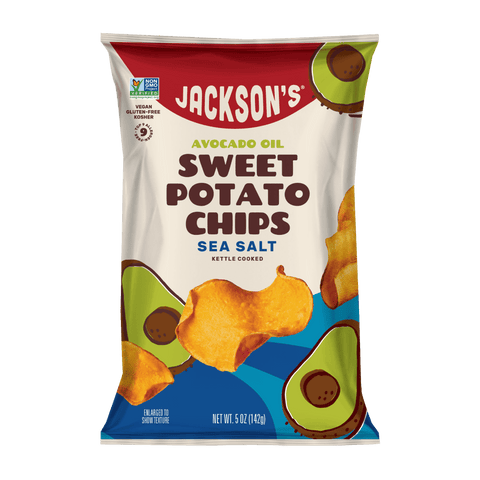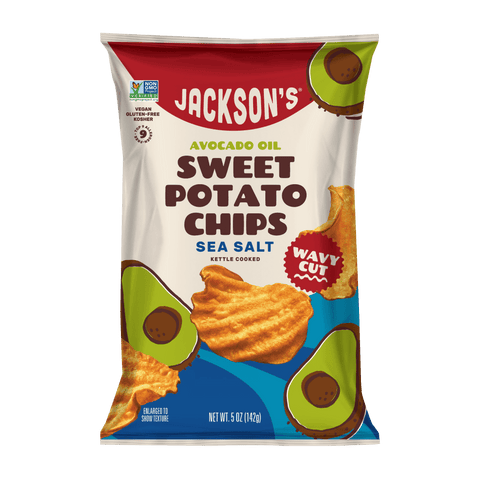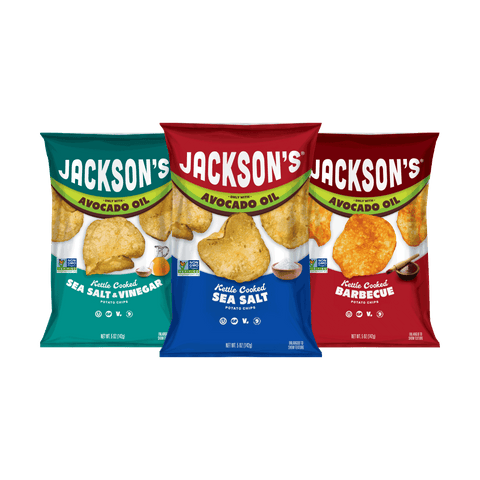A Vegan Anti-inflammatory Diet: What You Need to Know

Ever have those days where you just feel… off? A little sluggish, a bit achy, maybe even puffy? It’s easy to blame a bad night’s sleep or a stressful week, but there might be a sneaky culprit hiding in plain sight: inflammation.
Now, before you panic, know that not all inflammation is bad! But when it overstays its welcome, it can throw a wrench in your wellness goals. The amazing news? One of the most powerful tools to fight back is sitting right on your plate. Get ready to explore the delicious, energizing world of the vegan anti-inflammatory diet—a lifestyle that’s all about eating vibrant, healing foods that help you thrive from the inside out.
What’s the Big Deal with Inflammation Anyway?
Think of inflammation as your body’s internal emergency crew. When you get a cut, your immune system sends inflammatory cells rushing to the scene to clean up, fight invaders, and start the healing process. That redness and swelling? That’s acute inflammation, and it’s a good thing! It’s your body doing its job.
The trouble starts when this emergency crew doesn’t go home. Chronic inflammation is when this response lingers at a low level throughout your body. It’s like having a constant, smoldering fire inside that can contribute to a whole host of issues, from joint pain and fatigue to more serious chronic diseases.
What fans these flames? Stress, lack of sleep, and—you guessed it—the food we eat. Processed foods, refined sugars, and certain animal products can all contribute to this systemic inflammation.
The Plant-Powered Superhero: Why Vegan Diets Rock at Reducing Inflammation
So, how do we call in the anti-inflammatory superheroes? With plants! A vegan anti-inflammatory diet is naturally designed to cool those internal fires. Here’s why it’s so effective:
-
Antioxidant Overload: Colorful fruits and vegetables are packed with antioxidants, which are like little bodyguards that protect your cells from damage caused by free radicals (unstable molecules that promote inflammation).
-
Fiber Power: Plant-based foods are rich in fiber, which feeds the good bacteria in your gut. A healthy gut microbiome is crucial for regulating your immune system and keeping inflammation in check.
-
Phytochemical Punch: Plants contain thousands of natural compounds called phytochemicals that have powerful anti-inflammatory effects.
Don’t just take our word for it! Research has shown that plant-based and vegetarian diets can be incredibly effective. One 2018 study found that a vegan diet significantly lowered high-sensitivity C-reactive protein (hsCRP), a key marker of inflammation in the body.
Your Vegan Anti-Inflammatory Grocery List: Foods to Pile on Your Plate
Ready to build your inflammation-fighting toolkit? It’s all about adding more, not taking away. Think color, flavor, and whole-food goodness.
1. Eat the Rainbow (Fruits & Veggies)
Your plate should look like a work of art! Each color provides different nutrients and antioxidants.
-
Leafy Greens: Kale, spinach, and Swiss chard are loaded with vitamins and flavonoids that help protect your cells. Toss them in a smoothie, sauté them with garlic, or build a monster salad.
-
Berries: Blueberries, strawberries, and raspberries are tiny but mighty sources of antioxidants called anthocyanins, which give them their rich color and potent anti-inflammatory properties.
-
Sweet Potatoes: Our personal favorite! These vibrant tubers are full of beta-carotene, an antioxidant that your body converts to Vitamin A. They’re also a fantastic source of complex carbs for sustained energy. (Psst… our Jackson’s Sweet Potato Chips are a perfect way to get your fix!)
Read: Eat Yourself Healthy by Eating the Rainbow
2. Healthy Fats are Your Friends
Forget the idea that all fat is bad! Your body needs healthy fats, especially anti-inflammatory Omega-3 fatty acids.
-
Avocados: Creamy, delicious, and packed with heart-healthy monounsaturated fats.
-
Nuts & Seeds: Walnuts, almonds, chia seeds, flaxseeds, and hemp seeds are all amazing sources of healthy fats and fiber. Sprinkle them on oatmeal, blend them into smoothies, or just grab a handful for a snack.
-
Quality Oils: Stick with minimally processed oils. Extra virgin olive oil is great for dressings, while avocado oil (which we use for our snacks!) and coconut oil are fantastic for cooking.
3. Get Spicy!
Herbs and spices are concentrated sources of anti-inflammatory compounds. Don’t be shy—add them generously to your meals!
-
Turmeric: The golden child of anti-inflammatory spices. Its active compound, curcumin, is a powerhouse. Pro-tip: Pair turmeric with a pinch of black pepper to dramatically boost your body’s ability to absorb it.
-
Ginger: This zesty root is amazing for soothing upset stomachs and reducing inflammation. Grate it into stir-fries, sip on ginger tea, or add it to your morning juice.
-
Garlic: Good for more than just warding off vampires! Garlic contains sulfur compounds that have been shown to dial down inflammation.
Read: Spicy Snacks without Seed Oil
4. Power Up with Plant Proteins & Whole Grains
Keep your blood sugar stable and your body fueled with these champs.
-
Legumes: Beans, lentils, and chickpeas are full of fiber and protein.
-
Tofu & Tempeh: Versatile soy-based proteins that soak up flavor like a sponge.
-
Whole Grains: Swap refined grains for options like quinoa, brown rice, steel-cut oats, and barley. They digest more slowly, preventing blood sugar spikes that can trigger inflammation.
The "Maybe Not-So-Often" List
Instead of a strict "foods to avoid" list, think of these as foods to enjoy in moderation.
-
Processed Snack Foods: Chips, crackers, and cookies are often made with refined flours, unhealthy oils, and additives.
-
Added Sugar & Refined Carbs: Think sugary sodas, candy, pastries, white bread, and white pasta.
-
Unhealthy Oils: Limit highly processed oils like corn, soy, and cottonseed oil.
-
Excess Alcohol: While a glass of red wine has some antioxidants, excessive alcohol consumption can promote inflammation.
3 Simple Tips to Get Started Today
Feeling inspired? Transitioning to a vegan anti-inflammatory diet doesn't have to be overwhelming.
-
Start with One Meal: Don't try to overhaul your entire diet overnight. Start by making your breakfast or lunch fully anti-inflammatory. A berry smoothie or a big salad with chickpeas is an easy win!
-
Fill Half Your Plate with Veggies First: When building any meal, make it a rule to fill at least half your plate with colorful vegetables. You’ll automatically crowd out less healthy options.
-
Snack Smarter: Ditch the vending machine snacks for something that nourishes you. A handful of walnuts, an apple with almond butter, or a bag of crunchy, delicious Jackson’s snacks like chips and veggies straws made with avocado oil and other anti-inflammatory ingredients like sweet potatoes is the perfect choice.
Ultimately, this is about feeling good, not about restriction. It’s about flooding your body with the nutrients it needs to fight for you, so you can feel more vibrant, energized, and ready to take on the world. Let’s get glowing!
Key Takeaways:
-
Inflammation 101: Acute inflammation is a helpful healing response, while chronic inflammation is a long-term, low-grade stressor linked to various health issues.
-
Plants to the Rescue: A vegan diet is naturally rich in antioxidants, fiber, and phytochemicals that combat chronic inflammation.
-
Eat the Rainbow: Load up on colorful fruits and veggies, especially leafy greens, berries, and sweet potatoes.
-
Embrace Healthy Fats: Incorporate avocados, nuts, seeds, and quality oils like olive, avocado, and coconut oil for their anti-inflammatory benefits.
-
Start Small: You don’t need to be perfect. Make small, sustainable changes like upgrading your snacks and adding more veggies to each meal.
Read next:
No Seedy Oils Here
Avocado Oil Goodness Meets Irresistible Flavor - No Seed Oils Here!
-

 8 Pack New Arrival!Variety Pack Super Veggie Straws in Avocado Oil 5oz (Pack of 8)
8 Pack New Arrival!Variety Pack Super Veggie Straws in Avocado Oil 5oz (Pack of 8)Variety Pack
Super Veggie Straws in Avocado Oil
- Size
- 5oz bags
- Regular price
- $35.99
- Sale price
- $35.99
- Regular price
-
$35.99 (Liquid error (snippets/product-price line 131): divided by 0 per bag) - Unit price
- per
-

 8 Pack Best SellerSea Salt Sweet Potato Chips in Avocado Oil 5oz (Pack of 8)
8 Pack Best SellerSea Salt Sweet Potato Chips in Avocado Oil 5oz (Pack of 8)Sea Salt
Sweet Potato Chips in Avocado Oil
- Size
- 5oz bags
- Regular price
- $35.99
- Sale price
- $35.99
- Regular price
-
$35.99 (Liquid error (snippets/product-price line 131): divided by 0 per bag) - Unit price
- per
-

 8 PackWavy Sea Salt Sweet Potato Chips in Avocado Oil 5oz (Pack of 8)
8 PackWavy Sea Salt Sweet Potato Chips in Avocado Oil 5oz (Pack of 8)Wavy Sea Salt
Sweet Potato Chips in Avocado Oil
- Size
- 5oz bags
- Regular price
- $35.99
- Sale price
- $35.99
- Regular price
-
$35.99 (Liquid error (snippets/product-price line 131): divided by 0 per bag) - Unit price
- per
-

 8 PackVariety Pack Kettle Chips in Avocado Oil 5oz (Pack of 8)
8 PackVariety Pack Kettle Chips in Avocado Oil 5oz (Pack of 8)Variety Pack
Kettle Chips in Avocado Oil
- Size
- 5oz bags
- Regular price
- $35.99
- Sale price
- $35.99
- Regular price
-
$35.99 (Liquid error (snippets/product-price line 131): divided by 0 per bag) - Unit price
- per






